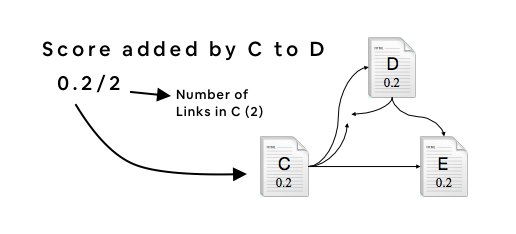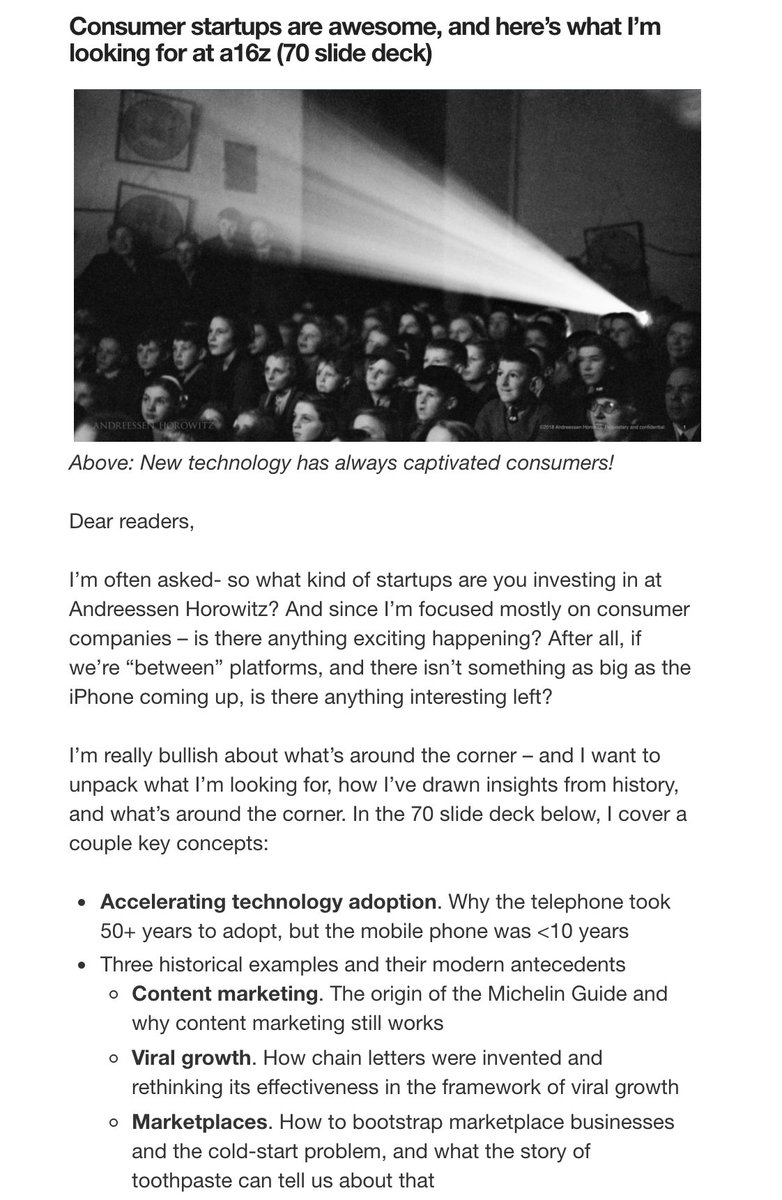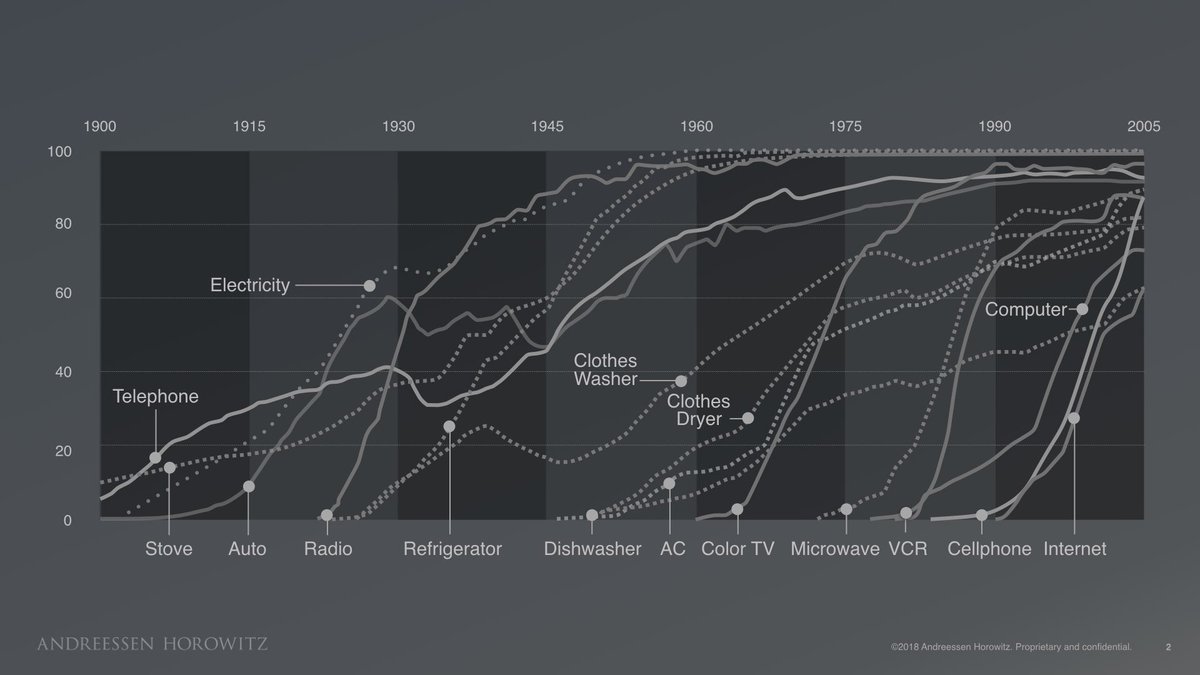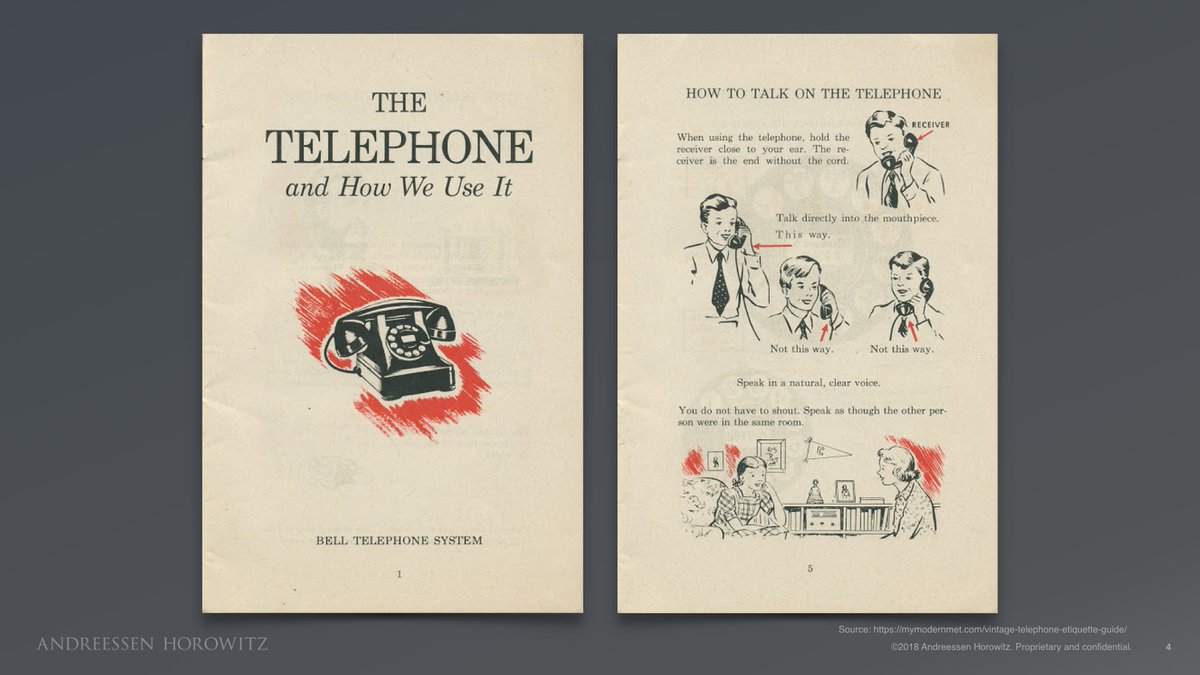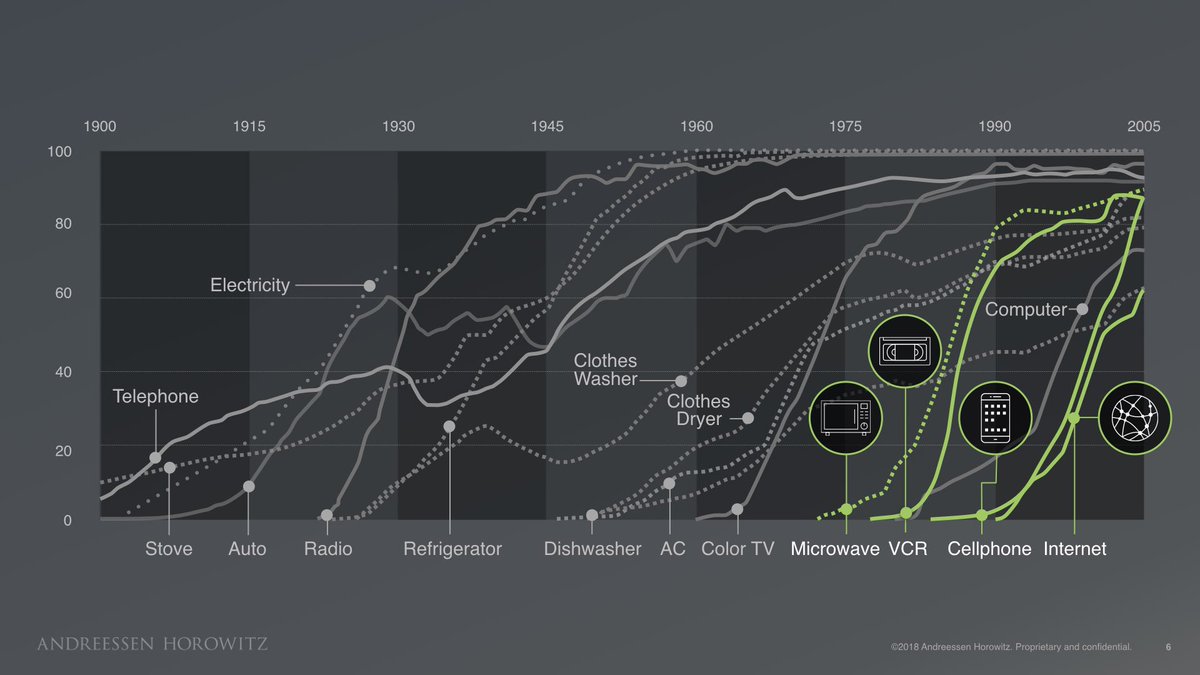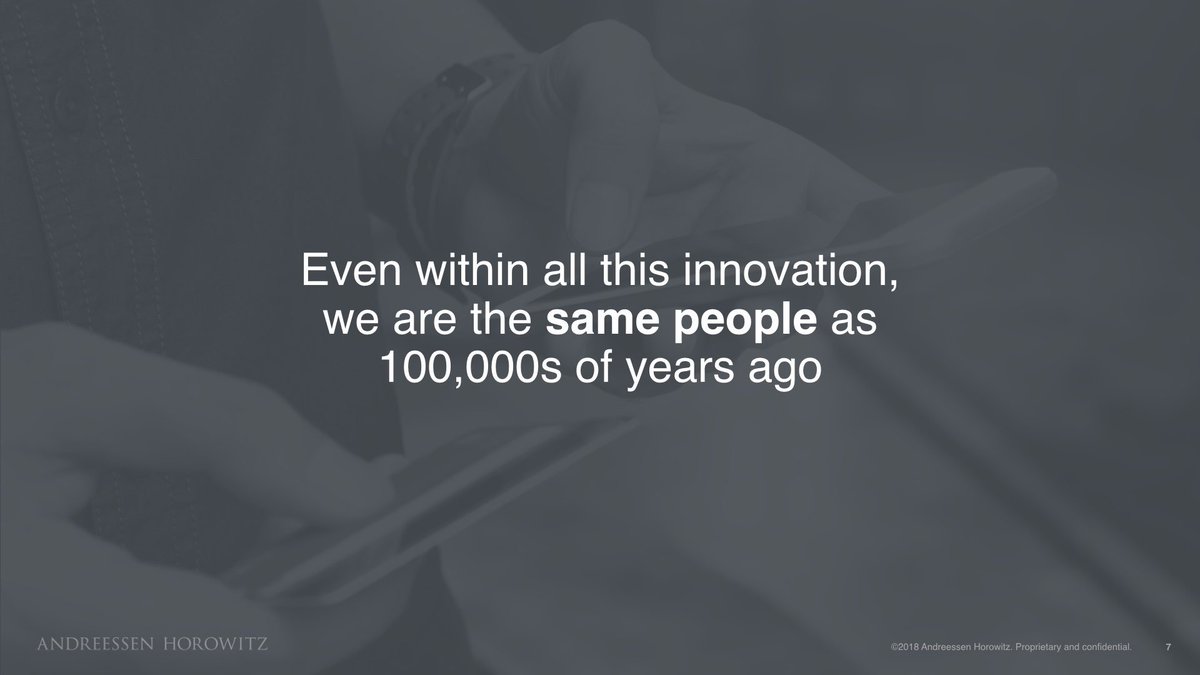But there’s a Dem trifecta for the first time in a decade now, so it's time to make new bets- and make them fast.
Get ready to shift how you think about congress. (quick thread bc Zeke’s asleep)...
But there’s a Dem trifecta for the first time in a decade now, so it's time to make new bets- and make them fast.
A quick trip through the last 100 years of this:
More from Politics
Ruben Verastigui is (allegedly) a horrifying pedo monster and has been on the digital teams for the @SenateGOP, National @GOP and the Trump campaign. I didn't want to talk about him, but I think it's important.
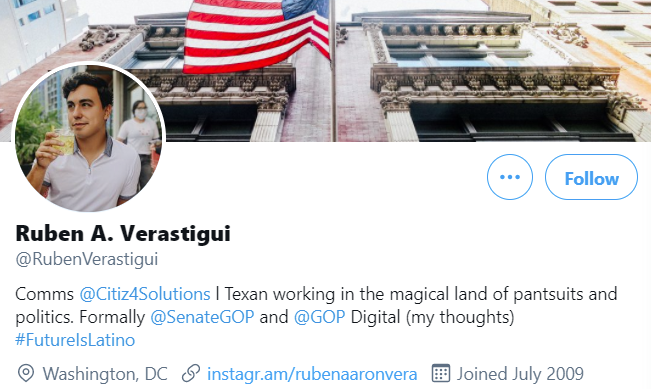
The allegations against RV are among the most horrifying I have read. It involves possessing and sharing images of rape of infants and plans to take action in the real world of that nature. I don't really recommend reading the details, but they are here.
These allegations were first brought to light by @jaredlholt who has an excellent thread. He warns people that they may want to avoid the end of the thread because it includes shots of the specific allegations. I make the same warning.
RV was a main stage speaker at the 2013 March For Life.
RV did a headshot for Ronna McDaniel, GOP Chairwoman
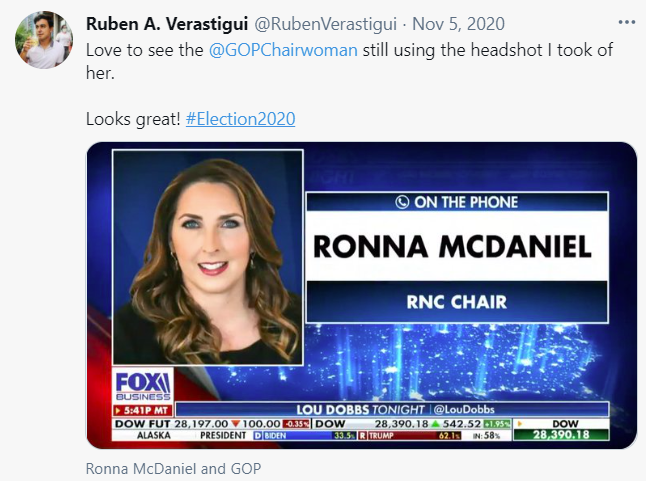

The allegations against RV are among the most horrifying I have read. It involves possessing and sharing images of rape of infants and plans to take action in the real world of that nature. I don't really recommend reading the details, but they are here.
These allegations were first brought to light by @jaredlholt who has an excellent thread. He warns people that they may want to avoid the end of the thread because it includes shots of the specific allegations. I make the same warning.
NEW: D.C. Police arrested Ruben Verastigui -- a former "senior digital strategist" for the Senate Republican Conference -- on charges of distribution of child pornography resulting from a time span that allegedly included his time at the SRC. How I confirmed ID in thread (1/?) pic.twitter.com/AcZ7c2sBKb
— Jared Holt (@jaredlholt) February 6, 2021
RV was a main stage speaker at the 2013 March For Life.
RV did a headshot for Ronna McDaniel, GOP Chairwoman

This idea - that elections should translate into policy - is not wrong at all. But political science can help explain why it's not working this way. There are three main explanations: 1. mandates are constructed, not automatic, 2. party asymmetry, 3. partisan conpetition 1/
First, party/policy mandates from elections are far from self-executing in our system. Work on mandates from Dahl to Ellis and Kirk on the history of the mandate to mine on its role in post-Nixon politics, to Peterson Grossback and Stimson all emphasize that this link is... 2/
Created deliberately and isn't always persuasive. Others have to convinced that the election meant a particular thing for it to work in a legislative context. I theorized in the immediate period of after the 2020 election that this was part of why Repubs signed on to ...3/
Trump's demonstrably false fraud nonsense - it derailed an emerging mandate news cycle. Winners of elections get what they get - institutional control - but can't expect much beyond that unless the perception of an election mandate takes hold. And it didn't. 4/
Let's turn to the legislation element of this. There's just an asymmetry in terms of passing a relief bill. Republicans are presumably less motivated to get some kind of deal passed. Democrats are more likely to want to do *something.* 5/
I\u2019m sorry it\u2019s just insane that Democrats are like, \u201cwe won everything and our opening position on relief is $1.9T\u201d and Republicans are like, \u201cwe lost and our opening position is $600B,\u201d and the media will be like, \u201cDemocrats say they want unity but reject this bipartisan deal.\u201d
— Meredith Shiner (@meredithshiner) January 31, 2021
First, party/policy mandates from elections are far from self-executing in our system. Work on mandates from Dahl to Ellis and Kirk on the history of the mandate to mine on its role in post-Nixon politics, to Peterson Grossback and Stimson all emphasize that this link is... 2/
Created deliberately and isn't always persuasive. Others have to convinced that the election meant a particular thing for it to work in a legislative context. I theorized in the immediate period of after the 2020 election that this was part of why Repubs signed on to ...3/
Trump's demonstrably false fraud nonsense - it derailed an emerging mandate news cycle. Winners of elections get what they get - institutional control - but can't expect much beyond that unless the perception of an election mandate takes hold. And it didn't. 4/
Let's turn to the legislation element of this. There's just an asymmetry in terms of passing a relief bill. Republicans are presumably less motivated to get some kind of deal passed. Democrats are more likely to want to do *something.* 5/
















